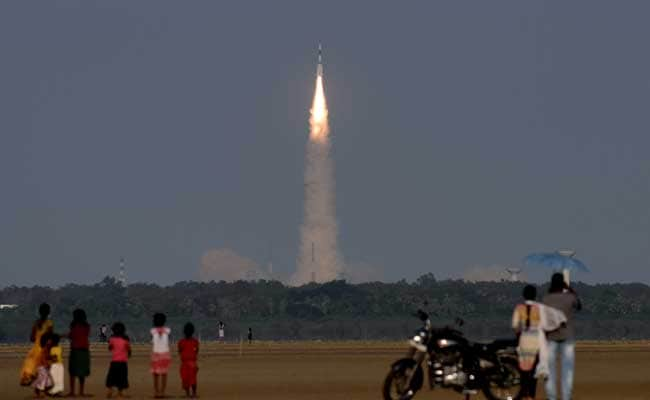
India is ready to launch Prime Minister Narendra Modi's gift - a communications satellite made under a Rs 450-crore project. Seven nations, including India which are part of SAARC, will use the satellite. But most of them have their fledgling space programmes. In real terms, the biggest beneficiaries could be Bhutan and Maldives, which have none. Pakistan is not participating in the project. But India's space diplomacy is seen as a move to counter to China's growing influence in the area. Prime Mnister Narendra Modi said the "invaluable gift" is an "appropriate example of our commitment towards South Asia".
Here is how the seven nations place on the space-faring map:
India, which is gifting the South Asia communications satellite, has end-to-end capabilities in space faring.
Pakistan, which was invited, declined to be part of South Asia Satellite. Its space programme is older than ISRO, but very primitive as it lacks heavy duty launchers and satellite fabrication. It has acquired two communications satellites. It owns one satellite - the PAKSAT-1R.
Bangladesh has minimal space faring infrastructure. But by the year-end the nation wants to launch its own Bangabandhu-1 communications satellite, which is being built by a French company, Thales.
Sri Lanka launched its first communications satellite in 2012. Made with help from China, it was called SupremeSAT.
Afghanistan, a war torn country, has already acquired a communications satellite called AfghanSAT. This is an old India-made satellite leased from Europe, which is already in operation. It is yet to ink the final deal for South Asia Satellite.
Nepal felt the need for a communications satellite after the devastating Kathmandu earthquake in 2015. It wants to acquire two full communications satellites.
Bhutan has minimal capabilities in space technology. It will be a big beneficiary of the South Asia Satellite.
Maldives has no space faring capabilities. It is likely to be a big beneficiary - the South Asia Communications Satellite will connect the tiny islands.
The South Asia satellite will lift off at 4.57 pm from Sriharikota in Andhra Pradesh.
"Natural resources mapping, telemedicine, the field of education, deeper IT connectivity or fostering people-to-people contact - this satellite will prove to be a boon in the progress of the entire region," PM Modi has said.

